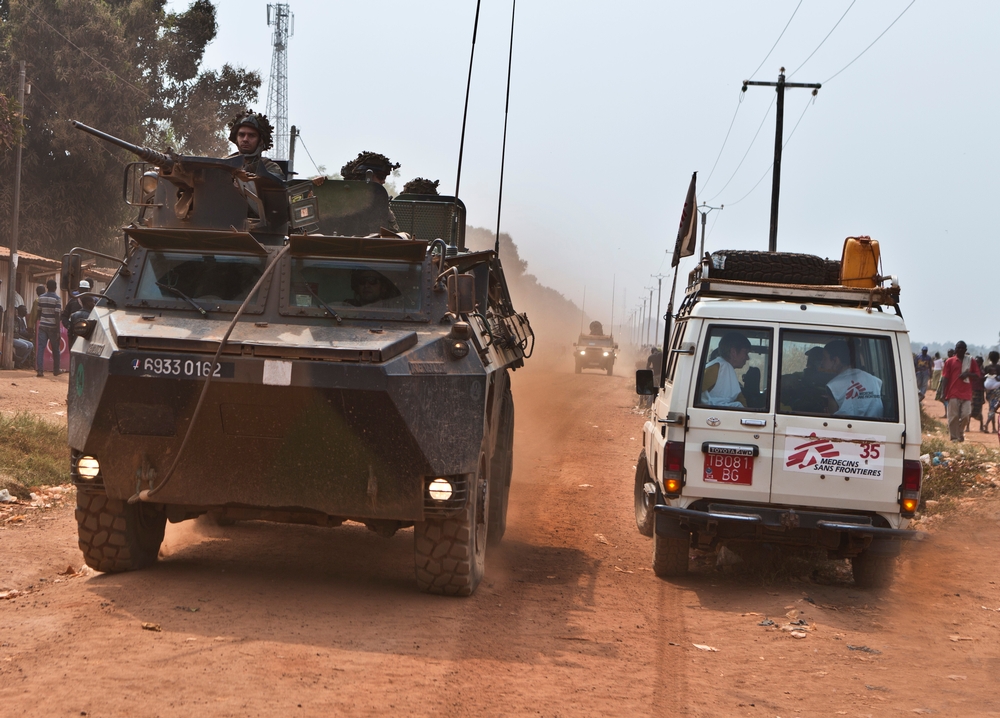{{ subitems[item.mlid].body }}
{{ subitems[item.mlid].linktitle }}Neutral - Independent - Impartial
It is easy to write inspiring words to define an organization’s mission — it is much harder to put those principles in to practice. At the core of MSF’s identity is a commitment to independence, neutrality and impartiality. These ideals have driven every aspect of our work — from medical care and logistics to finance and communications — since MSF was established in 1971.
Our commitment to these principles, and the impact of the organization built on them, was recognized in 1999 when MSF was awarded the Nobel Peace Prize.
Impartial
We provide free medical care to people who need it. It doesn’t matter what country they come from, which religion they belong to, or what their political affiliations are. All that matters is that they are human beings in need.
Neutral
In a conflict situation, we don’t take sides. We go where people’s medical needs are greatest. In an MSF field hospital, you might find wounded civilians alongside injured soldiers from opposing sides. Hostilities and weapons have to be left at the gate.
Independent
Very little of our funding comes from governments, businesses or institutions. We rely mainly on the generosity of individuals. Almost 90 per cent of our income comes from private donors.
This means that when there is an emergency, we don’t need to wait for official funds to be released or for the media to generate interest; we can act fast to save people’s lives based on need alone.
Acceptance
Wherever we are working, we make sure that local people understand that MSF is politically neutral and will provide assistance to anyone who needs it. We run radio campaigns and hold meetings with everyone from government ministers to local warlords, community elders to women’s groups.
Gaining their acceptance is key to working in difficult environments such as Afghanistan or the Democratic Republic of Congo.
Improvement
MSF is an outspoken organization — we expect and demand high standards from ourselves and other organizations. We speak out if we think other humanitarian organizations are being dishonest, compromised or slow to react. But we also examine and critique our own performance.
In 2012 we published Humanitarian Negotiations Revealed. This book examines the reality of the compromises MSF made — some successfully and some less so — to try and help the people suffering most in the world today.
Case studies from recent conflicts in Yemen, Sri Lanka and Afghanistan lay bare the reality of MSF’s efforts to reach the most affected people, and explore just what the limits of compromise should be.
Nobel peace prize
In 1999 MSF was awarded the Nobel Peace Prize in recognition of its pioneering humanitarian work around the world.
-
{{{one.node.title}}}
{{{one.node.body}}}
